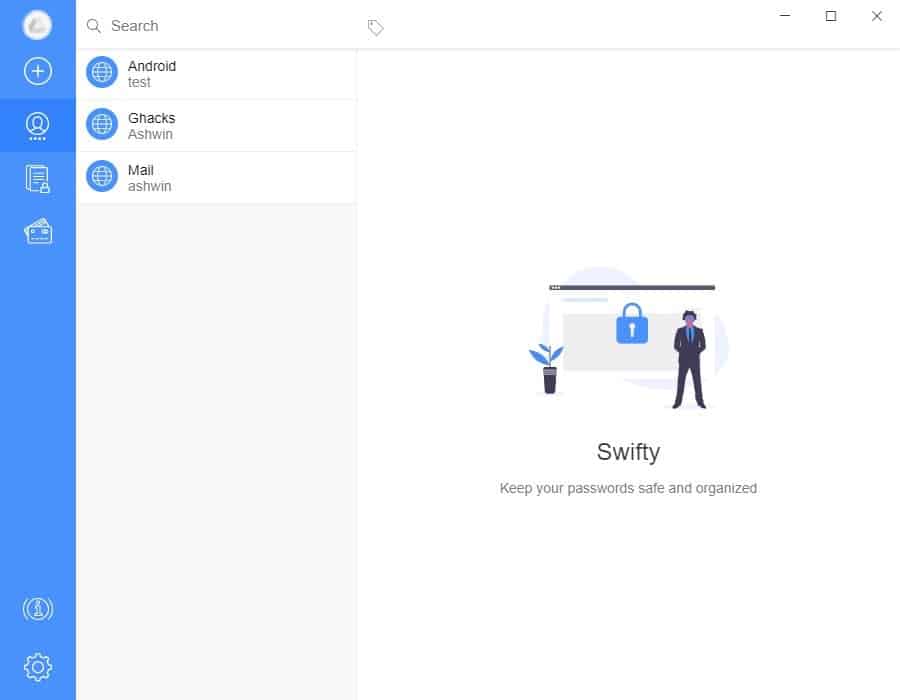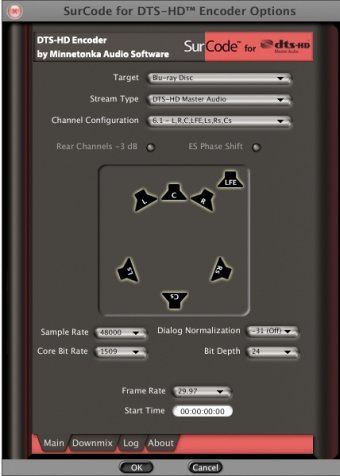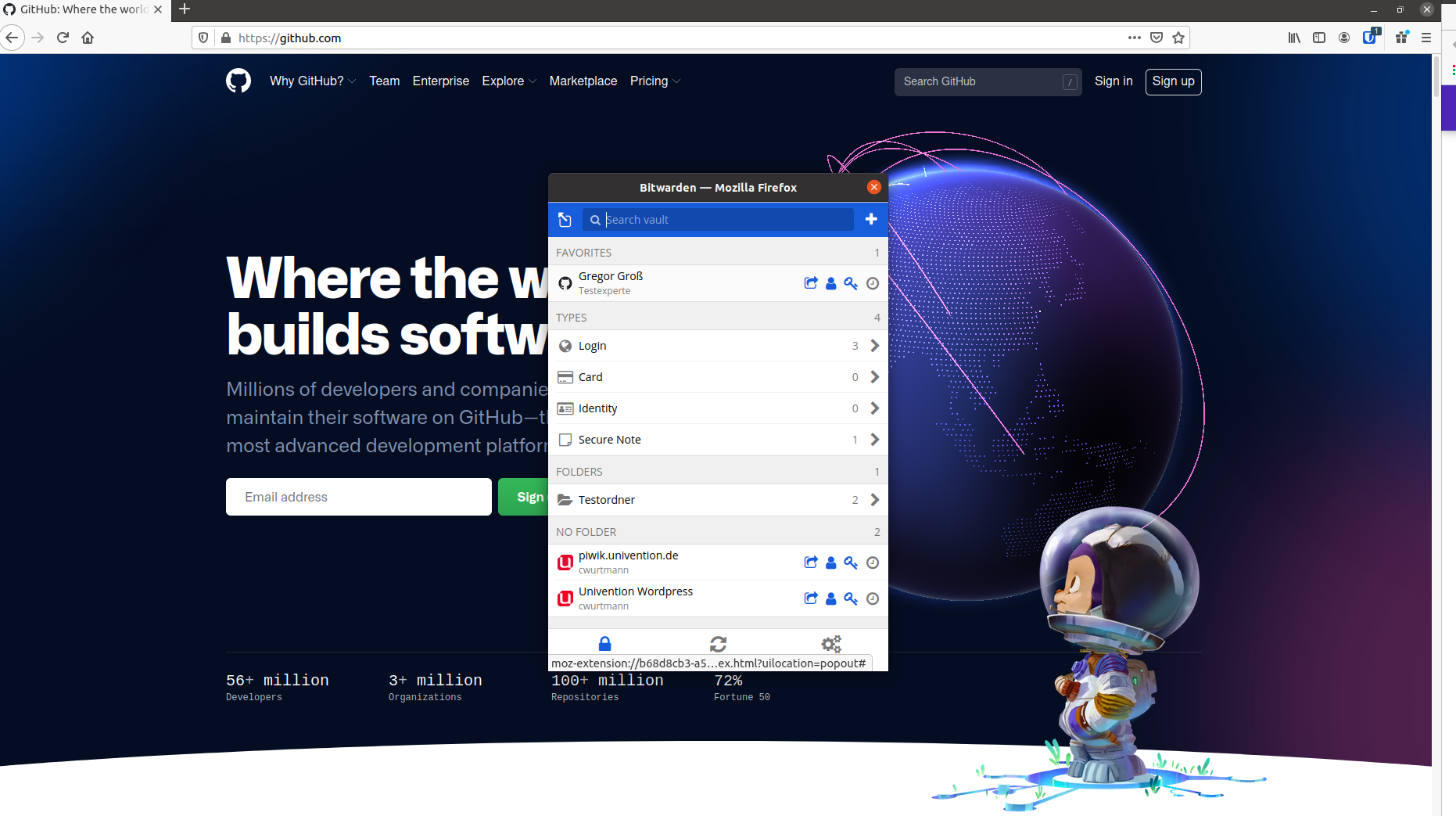- Bitwarden Macos Safari
- Autofill Bitwarden Macos
- Bitwarden Macos Crash
- Bitwarden Macos Catalina
- Bitwarden Application
I recently took the plunge and started using Bitwarden to manage all my logins, except email addresses and Apple ID.
After eight straight hours spent changing login details, now each of the websites for which I previously had a password stored in the Mac keychain has a unique and randomly-generated twenty-digit combination of lower case, upper case, numbers and special characters stored in the Bitwarden vault.
Only twenty digits??
Please stop advertising the ability to self-host BW as a security feature - it's very misleading. The fact that BW is open-source allowing the ability to self-host is a very awesome and unique feature. 22:32:04.480 Bitwarden CLIKeyword Processing complete 22:32:04.481 Bitwarden CLIKeyword Passing output ' to Run Script 22:32:09.923 STDERR: Bitwarden CLIRun Script. 22:32:04 workflow.py:2055 DEBUG - Bitwarden CLI (1.2.4) - 22:32:04:120 DEBUG MAIN: Started 22:32:04:132 DEBUG MAIN: 2fa method not set 22:32.
Yes, “only” twenty randomly generated digits including lower case, upper case, numbers and special characters, which based on some tests I did in KeyPassXC result in an entropy between 110 and 130 bits. No reason to be paranoid, no reason to need more than that for me.
One last thing which I felt like doing before calling it a day was to create a local and encrypted backup of the Vault, and I selected KeyPassXC to achieve that.
The advantage of doing so it twofold:
● First, I now have an encrypted backup with all my login credentials which I can access through KeyPassXC should anything happen to Bitwarden (unlikely);
● Then, I could easily start using KeyPassXC and its browser extension if I wanted to use a locally stored encrypted vault rather than an encrypted cloud-synced one (I still prefer Bitwarden though, since it’s more user friendly).
Let’s see how to safely back up the Bitwarden vault using KeyPassXC on macOS.

The short version
1. If you have a Mac with SSD, save the CSV file generated by Bitwarden directly onto an external and encrypted USB drive.
2. Use these settings when importing the CSV onto KeyPassXC, without even needing to open the file:
Short version – explanations
Fact is, it’s not really possible to securely delete files on Solid State Drives, and on macOS trying to securely remove a file by moving it onto an Encrypted Disk Image or an encrypted USB drive doesn’t work either.
If you save a file on your desktop, in Downloads, etc, and you then try to move it onto an Encrypted Disk Image or an encrypted USB drive, the file will only be copied rather than moved, and the original will remain wherever you first saved it. This is my experience on macOS Catalina.

Sure, you can move the file to the Bin and then “permanently delete it,” but it will just keep floating around in the SSD and may be recovered with dedicated software.
What I did the first time around, when I saved the CSV file on the desktop and was then unable to securely move it onto the Disk Image / USB drive, was to first rename it, then delete all content and save it, then replace it multiple times by moving another file with the exact same name and extension onto the desktop, and finally bin it and “permanently delete it” from the bin.
Full guide
Step 1: in your browser, change the default setting for downloads
If you already have an encrypted USB drive, just plug it in and skip to Step 7. Otherwise, let’s proceed to encrypt a USB drive.
Step 2: launch Disk Utility: Finder > Applications > Utilities > DiskUtility.app
Step 3: select the USB drive and click Erase
Step 4: in Name, assign a name to the USB stick
Bitwarden Macos Safari
Step 5: in Format, select MacOS Extended (Journaled, Encrypted)
Step 6: insert a Password for the encryption and type it again to Verify it Chrome safari or firefox for mac os x.
Step 7: log in at https:// bitwarden .com/
Step 8: Go to Tools > Export Vault
Step 9: select .csv in File format
Step 10: select the encrypted USB drive
Step 11: click Save
Step 12: open KeyPassXC
Step 13: Select Import from CSV
Step 14: point to the CSV file in the encrypted USB drive
Step 15: fill in the General Database Information and click Continue
Step 16: change the Encryption Settings if you wish (I didn’t) and click Continue

Step 17: create a Master Key for the encrypted database (I used the same Master Password which I use in Bitwarden)
Step 18: assign a name to the encrypted database, and save it wherever you want on your Mac
Step 19: in Column layout, fill in the fields as follows
Step 19: feel free to delete the “type” folder
Autofill Bitwarden Macos
Step 20: in the “login” folder there will be all your credentials imported from Bitwarden
There you go: all your login credentials are now safely backed up in a local encrypted database (which you can also send to your iPhone and open with Strongbox) and you don’t need to worry about securely deleting the CSV file from your Mac, since it is stored in the external encrypted USB drive.
Read also:
• Make Firefox look like Safari
• How to change login screen wallpaper on macOS Catalina
Free password manager for Mac
There are accounts for everything you do online. It’s tempting to use the same password for every login, which is a huge security risk. If someone manages to find out your password, they can access all your online services.
This is where Bitwarden can help. Bitwarden is a free password management app.
Why is Bitwarden free?
The free version provides only the basic features.
It generates secure passwords when you’re setting up an account, synchronizes your passwords across all your devices, and allows you to keep an unlimited number of items in your secure vault.
Does Bitwarden work with Safari?
Yes, it does, and there’s a Safari extension in the Mac App Store.
Unlike some of Bitwarden’s competitors, the extension is a fully functioning tool, rather than a companion requiring the desktop app to be open too.

Is Bitwarden better than LastPass?
These are two of the best free password managers currently on the market, and each excels in its own different ways.
In terms of security and pricing, Bitwarden is better than Lastpass. Because Bitwarden is open source, it’s constantly being analyzed by security experts around the world, so vulnerabilities are quickly reported and addressed. However, it’s not as intuitive to use as Lastpass, which offers better basic features.
What happens if Bitwarden gets hacked?
Your data is encrypted using 256-bit AES encryption, so it’s already secure before it’s sent to Bitwarden’s servers. To date, Bitwarden’s servers have never been hacked, but even if they were, the encrypted data would be useless. You can further protect your data by storing it on a highly secure private server instead of Bitwarden’s.
How do I use Bitwarden?
It’s very straightforward to get started. Here’s how:
- Create your Bitwarden account, and log in
- Create and organize folders in your vault
- Create your Master Password
- (Optional) Import passwords and credentials that you have stored in other password managers
Our take
The Bitwarden paid plan offers excellent security features, so they’re fantastic value for the money. If you want to stick with free apps, both Lastpass and 1Password are excellent alternatives to Bitwarden.
Should you download it?
Bitwarden Macos Crash
Yes. The free version of the app is an excellent option with its robust security. It’s great to have the option of hosting your data on your own server.
Highs
- ‘No knowledge’ data storage – data is encrypted before it leaves your device
- Free version offers unlimited storage
- Option for local data storage
- Premium and Family subscriptions are up to 25% cheaper than some competitors
Lows
- Less intuitive to use, so could be off-putting for some users
- No account recovery option – if you lose your Master Password you must reset your account, losing all your stored data
Bitwarden Macos Catalina

Bitwardenfor Mac
Bitwarden Application
1.24.6




